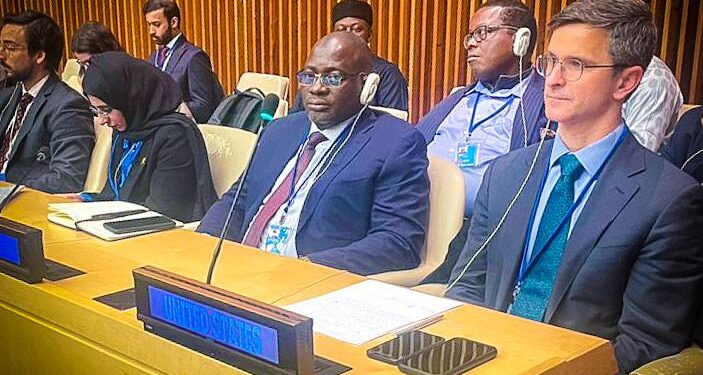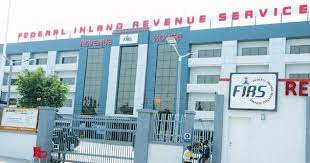Nigeria has called for a review of international tax system that benefits the home countries of multinationals, saying its not inclusive, equitable, fair and universally beneficial internationally tax system.
The call was made by Mr. Mohammed Nami, the Executive Chairman, Federal Inland Revenue Service (FIRS) while delivering Nigeria’s statement at the Economic and Social Council (ECOSOC) special meeting on international cooperation on tax matters, held at the ECOSOC Chamber, United Nations Headquarters, New York.
Nami said the review was necessary towards the attainment of the 2030 Sustainable Development Goals (SDGs) stressing that Nigeria is concerned about the global minimum tax as put forward by the OECD – Inclusive Framework. “My delegation is concerned about the global minimum tax, because of its low rate and the way it was negotiated to benefit the home countries of multinationals, which are mostly in developed countries.”
He therefore urged the meeting to discuss how “a UN instrument on tax cooperation can both build on work that has already been done in a way that guarantees fairness and equity.” Saying Nigeria expects “enforcement mechanisms for a binding multinational tax convention, noting the challenges that developing and developed countries have experienced with investment treaty arbitration.”
Mr Nami still insisting that the capacity of countries to attain the 2030 Sustainable Development Goals were hinged on having the requisite funding “in delivering critical public services” towards these SDGs, said, “Today a global taxation regime under the UN is urgently needed to enable States effectively mobilise domestic revenues to address the multiple economic and other crises impacting our efforts in the achievement of the 2030 SDGs.
Citing the challenges of developing countries and the internal response, FIRS boss said, “Developing countries are taking seriously the challenge of financing sustainable development. My delegation underscores the importance of enhancing domestic resource mobilisation, good governance and investment in our common African goal embodied in the Agenda 2063, and in the global goals spelled out in the 2030 Agenda.”
He further commended African African countries for strengthening their participation in international tax cooperation efforts, as well as the strides they have made “in closing loopholes and countering base erosion and profit shifting.”
Nami however expressed concerns that “while much good work has been done, much more remains to be made towards a fully inclusive process, both domestically and internationally and ensuring that all taxpayers are making their fair contributions.”






































